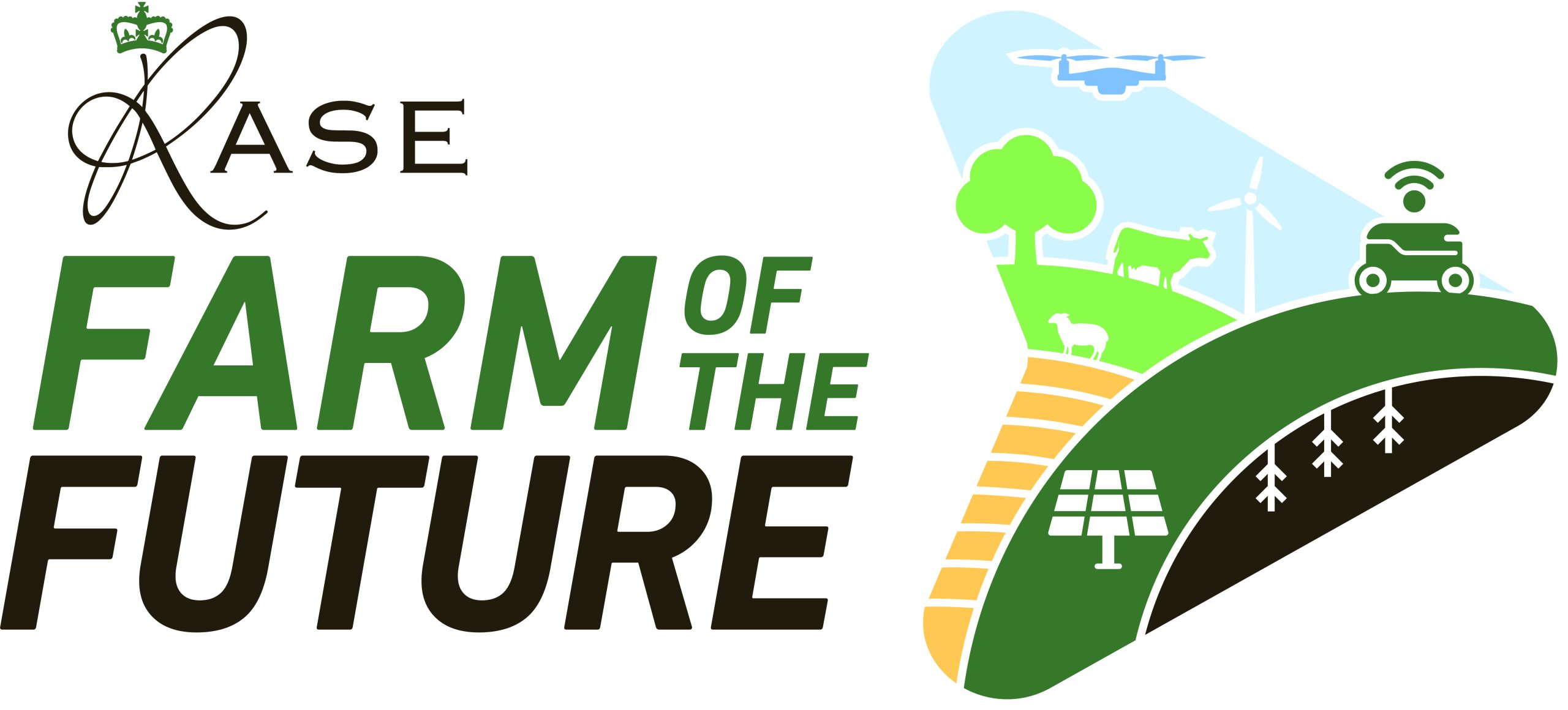In November 2024 RASE and Innovation for Agriculture delivered a farm study tour in Yorkshire, as part of the Farm of the Future series of activities.
The tour focused on anaerobic digestion processes and supporting nature on farm to improve natural and economic resilience. It provided an opportunity for attendees to step away from the day-to-day running of their farms and to discuss different ideas and practices seen on the tour.
DAY 1: Tour of Approach Farm with Angus Gowthorpe
Angus led a detailed tour of his farm, describing how he has more than quartered his fertiliser use, and transitioned to a no-till system with no use of fungicides or insecticides. His use of herbal leys on heavy land, as part of his arable rotation, sparked conversation as he showed the group that he had disproved the myth that it would not be possible.
Visit to H2 Boost at the Biorenewables Development Centre (BDC)
The Biorenewables Development Centre (BDC) is a not-for-profit subsidiary of the University of York. The BDC delivered an insightful talk about the developments and potential of their H2 Boost project, as well as some of their other projects looking at materials for anaerobic digestion (AD), high carbon capture cropping and protected cropping. The visit also included a tour of the facilities at the BDC to see how they were carrying out their trials.
Tour of Amur’s AB Agri AD site
The next stop of the tour was Amur’s AB Agri AD site, which is a commercial AD facility powered from locally sourced food and agricultural waste. The site produces enough energy to power ~3000 homes. Attendees were able to see how AD can work at a large scale and heard about different feed stocks, including the benefits and challenges they bring.
Pre-Dinner Talk from Hannah Fraser
The first day finished with a talk from Hannah Fraser, a first-generation farmer, Nuffield Scholar and working doctor. Hannah spoke about her research into the nutrient density of food, and linked this to her experiences in the healthcare industry and as a farmer. Opening up conversations on quite a different topic from the day’s visits, Hannah’s talk sparked discussions ahead of visiting her farm the following day. It also grounded the day back to one of agriculture’s primary aims – to produce food that sustains the population – yet Hannah highlighted that many of the topics we had explored during the day, such as waste and input management, biodiversity, and soil health often had some of the strongest positive correlations to healthy food.
DAY 2: Visit to Fraser Farm
The second day was spent at Fraser Farms hearing from Alex and Hannah about their journey into agriculture, the various bicrops and ‘tricrops’ they have been experimenting with, how they have improved biodiversity levels and soil health and are using natural systems thinking to improve their farm’s resilience. A detailed introductory talk was followed by a farm walk, which was a great opportunity to see another production system while reflecting on the systems we had seen the previous day.
Although Fraser Farms is organic, there were many similarities with what attendees had seen at Approach farm the previous day. The farm walk included seeing agroforestry (planted through a volunteer day), grain drying and sorting equipment and crop trials.
Following the farm walk Chris Harrop from Tyres Hall farm spoke to the group about their mission to give 20% of their farm to nature, while not reducing productivity. Chris showed maps and talked through the thought process which allowed them to identify the unproductive areas on farm, and where adding habitat (such as trees, hedges and ponds) should support output. Examples were given of adding trees to improve livestock welfare, and adding wildflower mixes to awkward field corners to create straight edges which were easier to work with.
This was a great way to end the two days as it was another example of a farm that had put into practice many of the ideas seen throughout the tour, and although approached slightly differently to Approach Farm and Fraser Farms, they had achieved a similar result. This message was important to show attendees that they did not need to copy the examples they had seen on the tour in order to make changes to their farm, but instead to remember the themes and decision making strategies – many of which they already used – to decide on the steps they could take in their own farm businesses.

